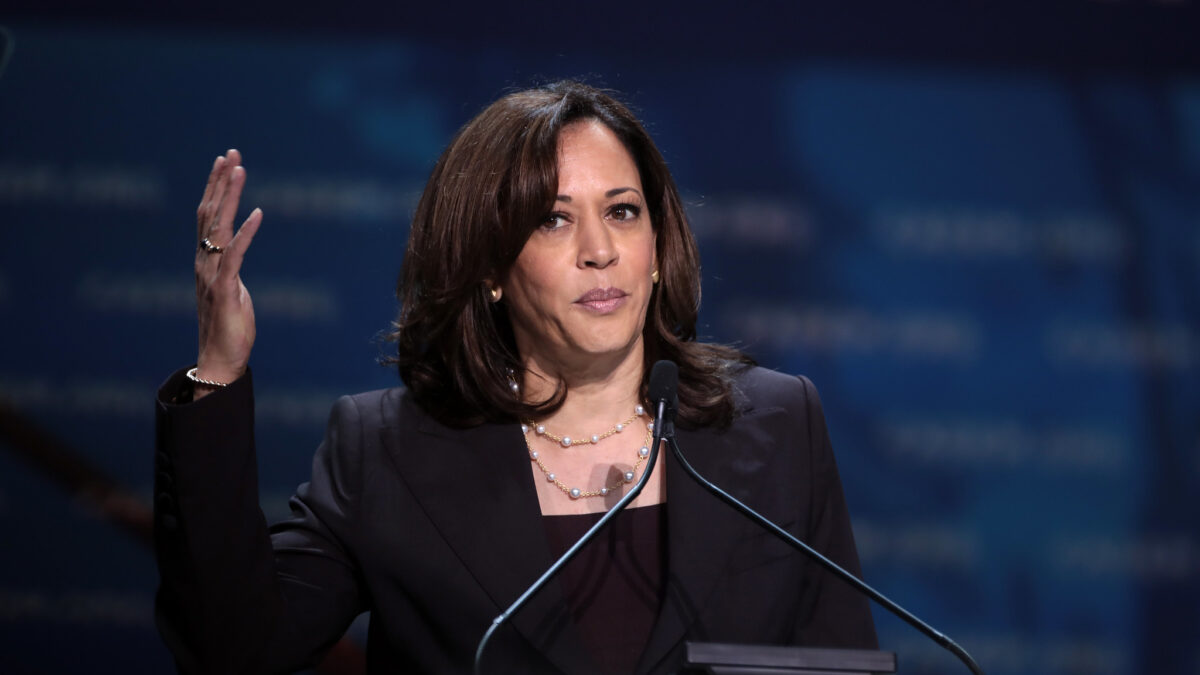On Monday, congressional Democrats introduced a budget resolution calling for an approximately $1.9 trillion budget reconciliation measure, in a move that deviates from President Biden’s efforts at achieving bipartisanship on increased COVID spending. It also could have significant knock-on effects, as current law and Senate procedure mean that a Democrat-only reconciliation bill could reduce Medicare spending to fund subsidies for the affluent.
The effects come from statutory pay-as-you-go (or PAYGO) intended to ensure that Congress offsets tax reductions or spending increases. Last year, Congress declared several COVID-19 bills as “emergency” spending, exempting them from PAYGO requirements.
But Senate procedures mean that Democrats likely cannot add a PAYGO exemption to a COVID-19 bill considered via budget reconciliation. The 2017 Republican Tax Cuts and Jobs Act faced a similar dilemma, an offshoot of passing the bill through reconciliation, rather than normal procedures requiring 60 Senate votes.
The statutory PAYGO law requires the Office of Management and Budget to keep a running tally of the fiscal impacts of all enacted legislation. If at the end of the congressional session its scorecard shows a net deficit increase over either the five-year or ten-year budget windows, then OMB must order a sequester of mandatory spending to offset the deficit increase.
The requirement to consider both the five-year and ten-year impacts has important implications for COVID-19 bailouts: Democrats cannot readily offset a spending spree front-loaded in the next two years with back-loaded tax increases phased in over time.
It’s worth noting, however, that PAYGO exempts many mandatory spending programs, including Social Security and major welfare programs, from a sequester. Yet the annual sequester required to offset $1.9 trillion in spending could effectively eliminate many smaller mandatory programs, including funding for several agriculture and commodity programs as well as border enforcement.
The most prominent reductions would come to Medicare. The PAYGO law places a 4 percent cap on sequester reductions to hospitals, physicians, insurers, and other Medicare providers (beneficiary cost-sharing would be unaffected). Back in 2017, the Congressional Budget Office estimated a PAYGO sequester would reduce spending “by roughly $25 billion” per year; growth in the program since then means a sequester would reduce Medicare spending by approximately $30 billion annually in 2022 and subsequent years.
These reductions would come on top of a 2 percent sequester to all Medicare providers, which Congress suspended due to COVID-19, but only until March 31.
Some might argue that because Democrats agreed to reset the PAYGO scorecard and eliminate a potential sequester after Republicans passed the 2017 tax bill via reconciliation, the GOP will consent to such a move after a Democratic reconciliation bill. But with talk of Democrats using budget reconciliation three separate times this Congress, Republican acquiescence in PAYGO maneuvers following a COVID-19 package would only embolden the left to demand additional spending measures via reconciliation.
Moreover, at the time of the 2017 tax bill, the Medicare trustees projected that the program’s hospital insurance trust fund would become insolvent in 2029. By contrast, a September report from the Congressional Budget Office calculated that insolvency could occur early in 2024 — roughly three years from now.
The looming insolvency threat reinforces the need for entitlement reform. Still, Biden has shown no signs of taking action, beyond avoiding nearly $400,000 in Medicare taxes himself, while diverting Medicare funds to expand the welfare state will only make our current dilemma worse.
Biden’s coronavirus plan would send all manner of government largesse to affluent families. The Kaiser Family Foundation concluded that his plan to eliminate an income-based cap on Obamacare subsidies would allow households with incomes of up to $300,000 to qualify for benefits in some cases. If it echoes the legislation put forth last year by House Democrats, Biden’s plan to deliver $1,400 “stimulus” checks would, in many cases, give thousands of dollars in payments to families making $200,000 to $300,000 per year.
Raiding billions from benefits to low-income seniors to fund payments for the wealthy sounds like the kind of “Robin Hood” politics Democrats frequently accuse Republicans of. But if their partisan stimulus bill triggers a Medicare sequester, that’s exactly what Democrats will do.









